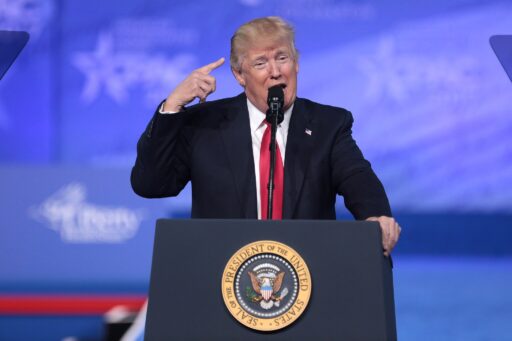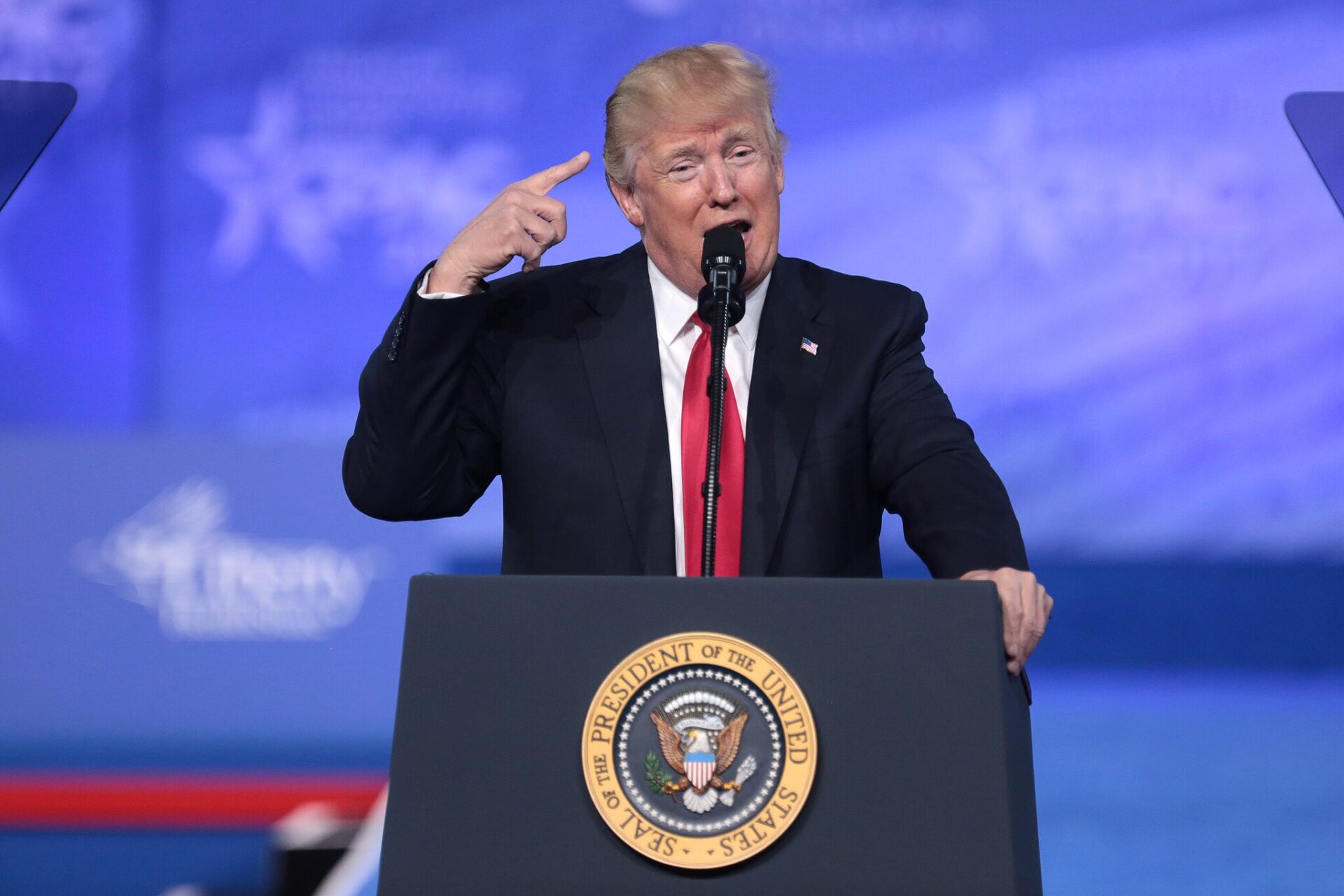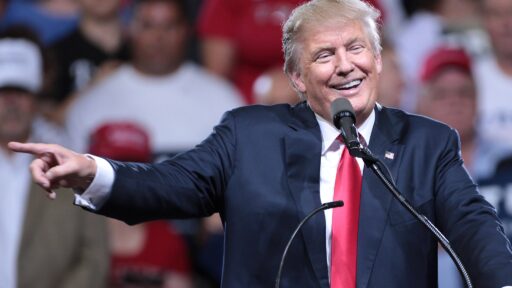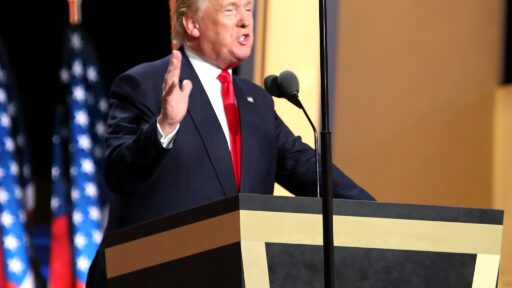Trump Allows ICE Raids Where?
Under the leadership of President Donald Trump, the U.S. Immigration and Customs Enforcement (ICE) has been given the green light to carry out arrests in sensitive areas like schools and churches. This significant policy shift overturns the Obama-era guideline that restricted immigration enforcement in certain “sensitive” locations, a move aimed at ensuring law enforcement can do its job without interference.
The directive, issued by acting Department of Homeland Security (DHS) Secretary Benjamine Huffman, empowers ICE agents and U.S. Customs and Border Protection (CBP) officers to pursue criminals who have illegally entered the U.S. — including dangerous individuals like murderers and rapists. The message from the Trump administration is clear: criminals will no longer be able to hide in places that should be sacred and safe from illegal activity.
A DHS spokesperson emphasized the importance of this shift, stating, “This action allows our brave law enforcement officers to enforce immigration laws and remove criminals from our communities, regardless of where they hide.” The spokesperson further noted that the Trump administration trusts law enforcement to apply common sense and not be restricted by policies that tie their hands.
The previous policy, implemented in 2011, had prohibited ICE agents from making arrests in places such as schools, hospitals, funerals, and weddings. This policy, which was largely continued under the Biden administration, was seen by many as an obstacle to law enforcement’s ability to act swiftly against criminal illegal immigrants.
Additionally, the Trump administration has rolled back a controversial parole program that allowed migrants from certain countries to temporarily live and work in the U.S. due to humanitarian reasons. Under the Biden administration, the program became widely abused, with over 1.5 million migrants admitted into the country. The Trump administration is now restoring the program’s original intent: assessing cases individually, based on need, rather than using it as a blanket admission policy.
With these moves, President Trump is reaffirming his commitment to securing the border, upholding the rule of law, and prioritizing the safety of American citizens.







